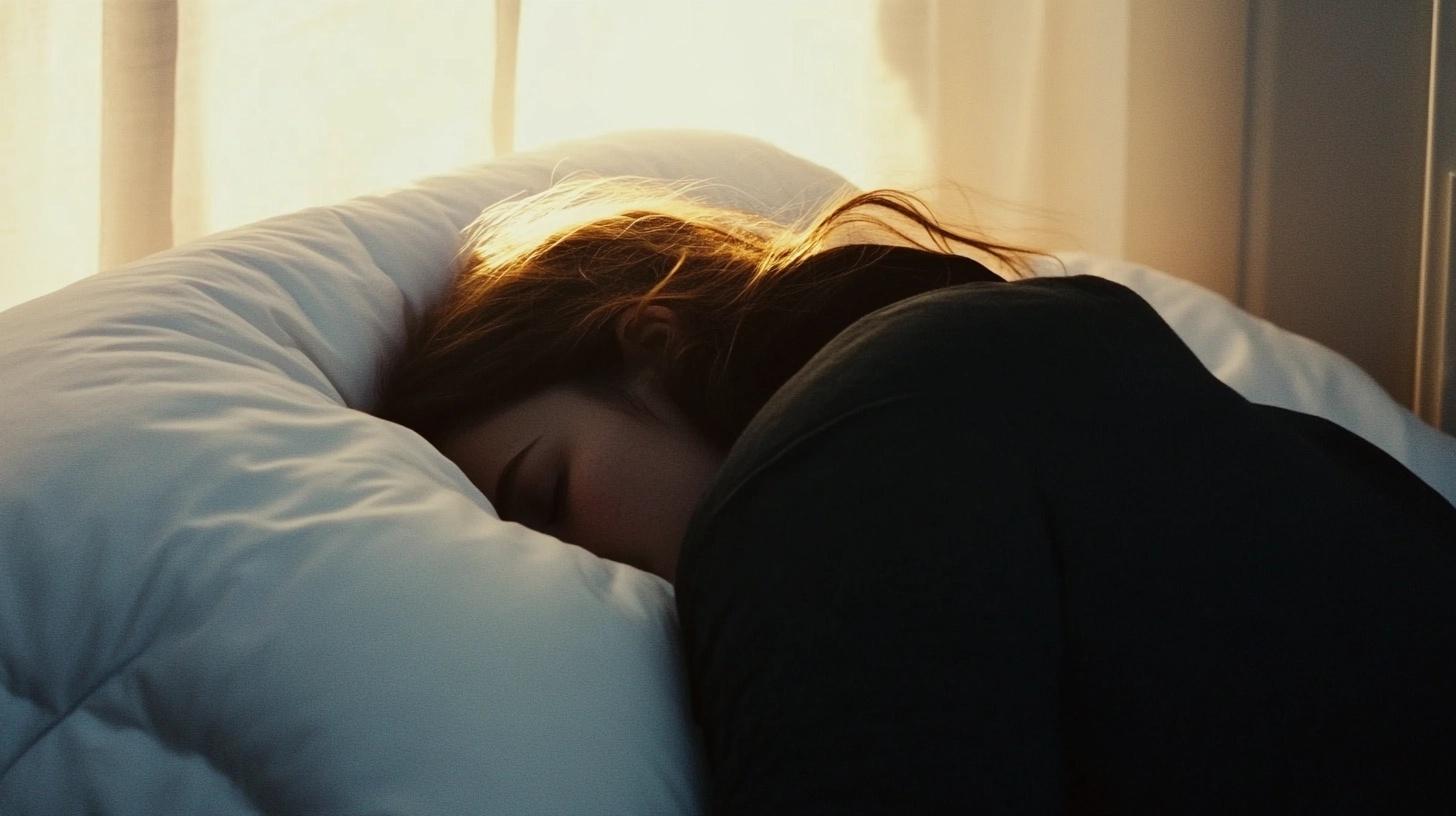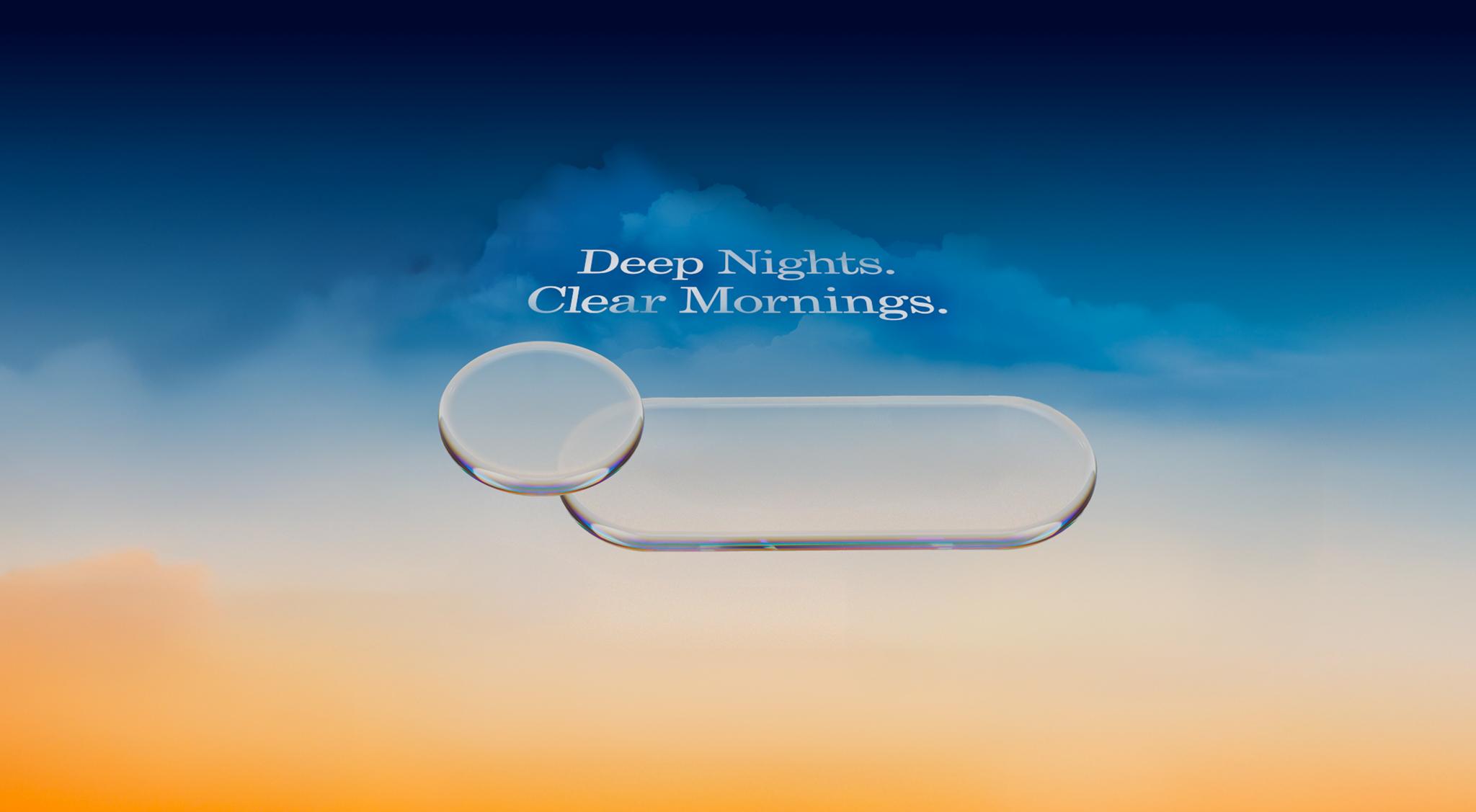The stages of sleep
Published

No matter if you track your sleep using a service like Sleep Cycle, or use a regular alarm clock fact is we all go through similar sleep stage patterns throughout the night. Sleep cycles are part of our internal biological “clocks” the regularly occurring patterns of brain waves which occur while we sleep. Sleep cycles typically last around ninety minutes to two hours, during which time the brain cycles from slow-wave sleep to REM sleep in which we experience dreams.
Since sleep cycles occur regularly every ninety minutes or so, the average individual experiences around four to six sleep cycles in a full seven to nine-hour night of sleep. Thus, the need to schedule specific wake up times is important to ensure the brain wakes up at an appropriate stage in its sleep cycle and that we wake up refreshed.
What are the stages of a Sleep Cycle?
Stage 1
The first stage of sleep, known as light stage sleep, is one of the shortest, lasting five to ten minutes on average. In this stage, the mind and body begin to ‘slow down,’ causing us to feel drowsy and relaxed. Light sleep is also when it’s easiest to wake up, and that’s why power naps shouldn’t be more than twenty minutes so you don’t enter deep sleep. Taking too long of a nap means you may wake up during deep sleep, which leads to sleep inertia where you feel all groggy. If you want a long nap, you want to sleep for 90 minutes or more so you make it through an entire cycle.
Stage 2
In the second stage of sleep, still referred to as light sleep, eye movement, brain waves, and muscle activity start to decrease and prepare the mind for deep sleep. During this stage, the brain produces sudden spikes in brain waves known as sleep spindles for their spindly appearance on EEG charts. These spikes in brain activity are thought to play a role in long term memory consolidation and sensory processing, making this an important stage as we age. It is believed that it is during this stage that most of our memories are formed.
Stage 3 and 4
During the third and fourth stages of sleep, slow wave sleep, we become much more difficult to wake up. The muscles of the body become fully relaxed or ‘limp’ in this stage, and breathing rate, blood pressure, and body temperature all decrease significantly during these stages. The body produces growth hormones, regulates immune system function, and develops and repairs muscle tissue during these stages, making them critical for physical health and recovery.
Stage 5
After these stages, the body enters the most talked-about phase of sleep: the REM phase. During this phase, we experience dreams, but also a host of neurological and physiological responses which are similar to being awake. During REM sleep, heart rate and blood pressure increase, while breathing can become irregular, fast, and shallow.
REM sleep is somewhat mysterious, and its full function is still being studied by neuroscientists. However, it is believed that REM sleep plays a vital role in the brain’s ability to learn and remember since it is during REM sleep that the brain processes, consolidate, and stores information into long-term memory.
We tend to spend more time in deeper sleep stages in earlier sleep cycles, while also spending much more time in REM during the sleep cycles experienced later in the night (or day, depending on your sleep schedule). Thus, it is important to set alarms or wake up at the appropriate stage of your sleep cycle each morning.
As we age, however, the timing and duration of our sleep cycles change. Older individuals tend to experience a much longer sleep cycle with less time in REM, as opposed to infants who experience shorter cycles with more REM sleep.
Getting Through the Stages of Sleep
Some substances can disrupt your sleep cycles. For example, caffeine ingested too close to bed can not only make it more difficult to get to sleep but also can have a negative effect on your deep sleep in the first half of the night.
Alcohol, on the other hand, tends to ruin the second half of your night’s sleep. If you drink before bed, about halfway through the night, your body will start processing the alcohol, and it begins to act as a stimulant.
Medical practitioners around the world are beginning to realize just how important sleep is for our overall physical and mental well-being as so-called “epidemics” of sleep deprivation are on the rise. Learning about the body’s stages of sleep can help some individuals understand their own circadian rhythms better and make appropriate changes to their sleep habits in order to allow for the optimal amount of sleep cycles each night.
Sleep Cycle gives you a good overview of how your sleep cycles run throughout the night, as well as alerts you to changes affected by for example caffeine or alcohol – granting you the power to make a change when needed.






